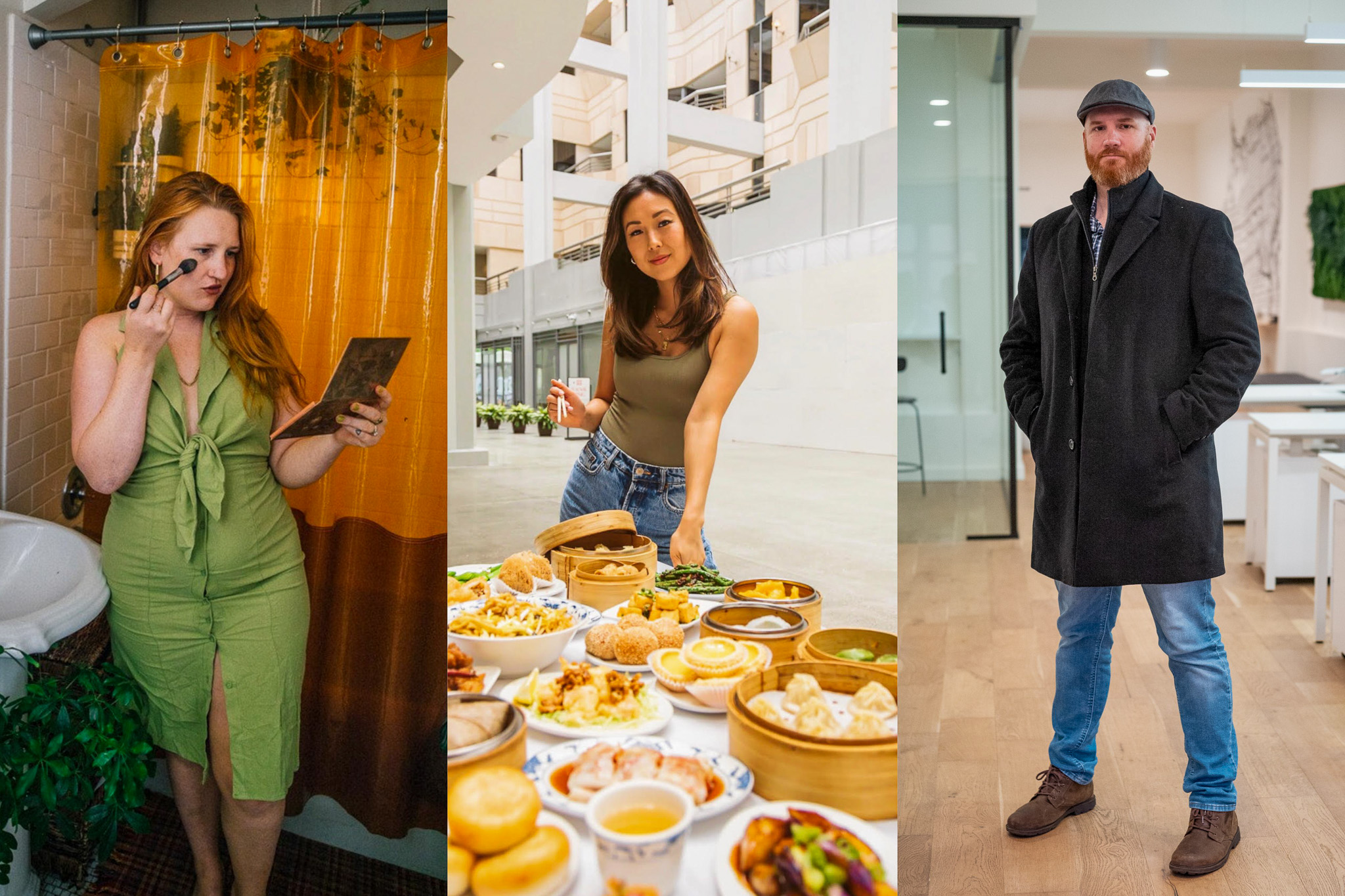For many, popular social media platform TikTok is a fun and frivolous way to pass the time with addictive videos of smiling babies cooing to cool music, beauty influencers dabbing on magical concealer and Billie Eilish warping her face.
But for local influencers on the platform, a possible ban on the app by Congress could kill more than just their livelihoods. On Wednesday, the House of Representatives passed a bill that could ban the short video-sharing platform in the U.S. unless the app severs ties with its Chinese parent company, ByteDance.
The threat that the popular platform might disappear from Americans’ social media feeds has some local social media influencers not only worried that they could be out of the job but also concerned about the ramifications for the local economy.
San Francisco digital creator Kara Harms, who runs the all-things-California lifestyle blog and social media brand Whimsy Soul, said that about a third of her content creation business—which primarily comes through TikTok-based brand partnerships—would take a hit if TikTok were banned.
But more than losing business, she’s also worried about the toll a ban might take on the larger TikTok community and the local San Francisco economy. Over the years, Harms has not only used her brand to amplify local businesses but also to employ seven people part-time, including her husband.
“I find it really frustrating that our lawmakers see it as this little, silly dance app,” Harms told The Standard. “I wish that they understood that it's so much more—and Americans need a place like this to come together and connect and share, especially in 2024, when we have a lot of other problems going on.”
Allie Tong, a Bay Area-based food and recipe blogger/influencer who goes by @allie.eats, is also concerned about how a ban on TikTok could impact the local restaurant scene. Since transitioning into full-time influencing and running her own social media management and content creation agency, she’s seen several struggling local restaurants in the city take off after a social media-savvy family member posted about their relatives’ mom-and-pop shop.
“I think it will definitely hurt more small businesses than it will hurt, like, larger corporations,” Tong said. “Those things generally tend to go more viral on TikTok just because of the way their algorithm works versus Instagram’s algorithm.”
Additionally, she thinks that a TikTok ban could impact San Francisco’s tourism industry as the platform has become a popular way for travelers to research destinations ahead of time and plan things to do upon arrival.
“If I'm looking for something, I can go to TikTok and be like, ‘best restaurant in San Francisco” and then it’ll come up with a bunch of videos, and that's a way for people to do their research,” Tong said. Without viral videos of trendy new restaurants and shops to lure visitors from outside of the Bay Area, “I think you would be losing a lot of exposure,” she said.
Real estate agent, home renovator and TikToker Erik Throm, says he got about half of his clients last year through his social media presence. But he’s not banking on TikTok to help him get leads on houses or new listings. After working for years in the tech sector for behemoths such as Facebook, which can change their algorithms on a whim, he’s learned that it’s best to diversify your portfolio and switch gears when needed.
“That's great if you've got one stream of income that's just crushing it, but that's not a reliable business strategy,” he said. “So I'm just very prepared for this kind of thing, always prepared to pivot.”
His new business strategy? Post to the competitors.
“I'm on YouTube, LinkedIn, Facebook, Instagram, Pinterest [and] X,” he said.
